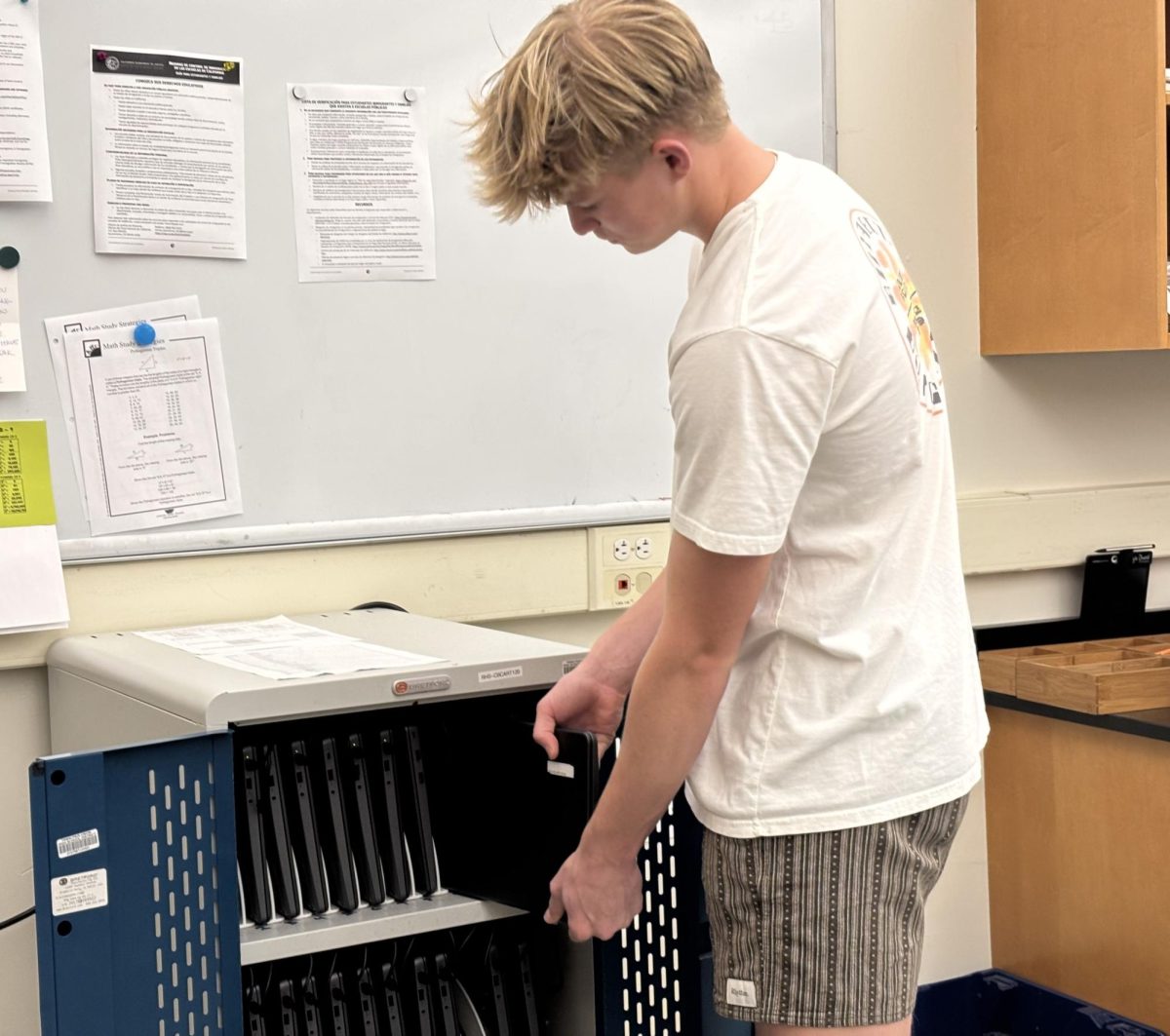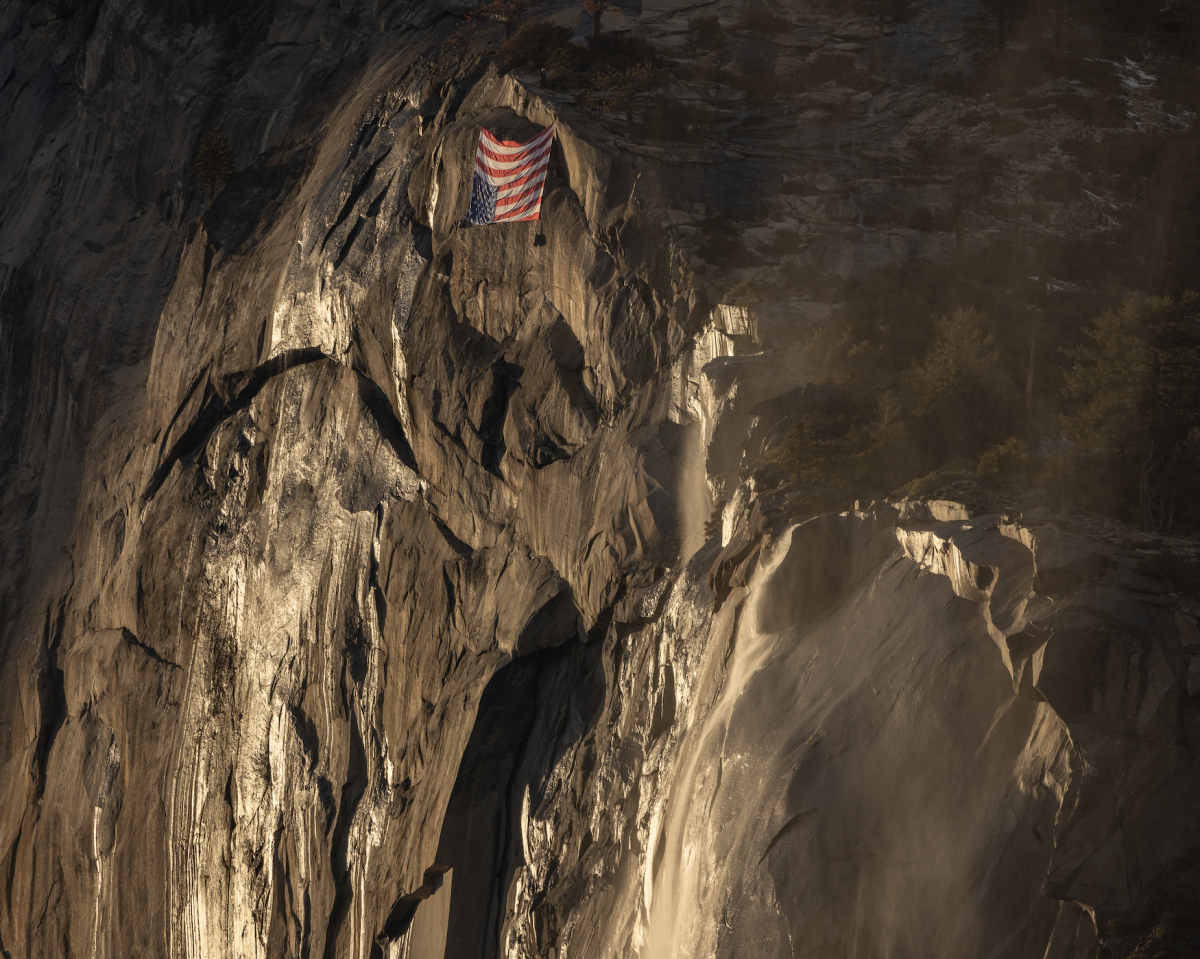On May 14, four Redwood Students competed in the world’s largest student rocketry competition, the Team America Rocketry Challenge (TARC), and placed 88th out of 90 qualifying teams due to in-flight malfunctions.
The four students, Senior Kevin Makens, Juniors Ashlyn D’Orazio, Joseph Alavi and Filip Platek, were one of 101 teams in the United States to qualify for the national championship, which took place in The Plains, Va. They were part of a seven-person team from Redwood that built the rocket–– juniors Dosym Kunhardt and Zach Brennan as well as freshman Madeline Stull also had a hand in the project.

Redwood won the “Best Craftsmanship Award,” which was given to one team that could build the best miniature rocket in 70 minutes. It also received a cash prize of $500 that it will put toward building a rocket for next year’s competition.
“We weren’t really expecting to qualify going into this,” said Platek, team captain. “It was a huge surprise.”
A total of 789 teams consisting of over 5000 students were vying for 101 coveted spots.
Meeting regularly since the start of the school year, Platek’s team has devoted dozens of hours toward the creation of three rockets that fit TARC’s requirements, which dictate that students “structure a handmade rocket that flies exactly 850 feet up and safely returns a payload of 2 eggs to the ground within 44-46 seconds.”

After embarking on successful launches every other weekend in Farmington, Calif. since January, team members said they felt highly prepared to complete the challenge at nationals.
However, in the midst of the championships, there was an in-flight malfunction that was out of the team’s control, ultimately prevented it from competing in the international championship. The rocket itself flew “perfectly,” according to Platek, but the height of the rocket was not able to be recorded.
“The altimeter was not registering correct data, which ultimately caused us to receive a very low score, which took us out of the competition,” Alavi said, referring to the device that measures the altitude of the rocket.
TARC gave the team a second opportunity to fly the rocket with a new altimeter, but it still failed to record the precise data.
Redwood has three teams that all attempted to qualify: team “A”, “B” and “C.” Only team “C” qualified to travel to Virginia. However, the “A” team played a part in mentoring the “C” team because of its experience placing ninth at the championship the year prior.
“We didn’t really have any experience and [the “A” team] was a huge help in jumpstarting us,” Platek said. “They have gone through this process before and guided us to create our final rocket.”






